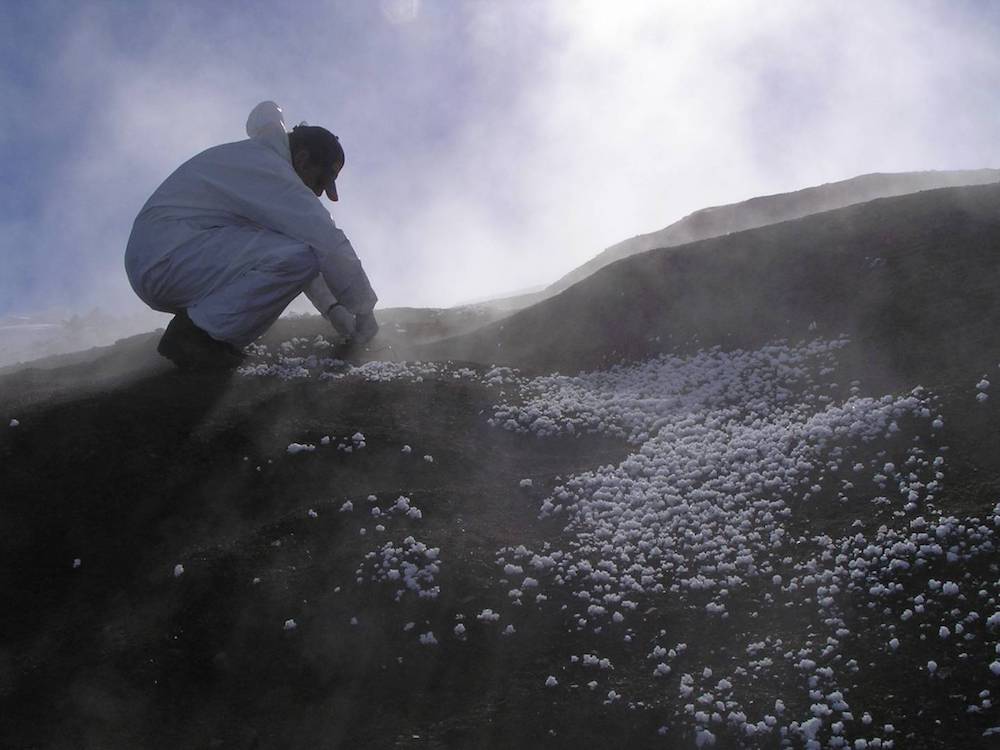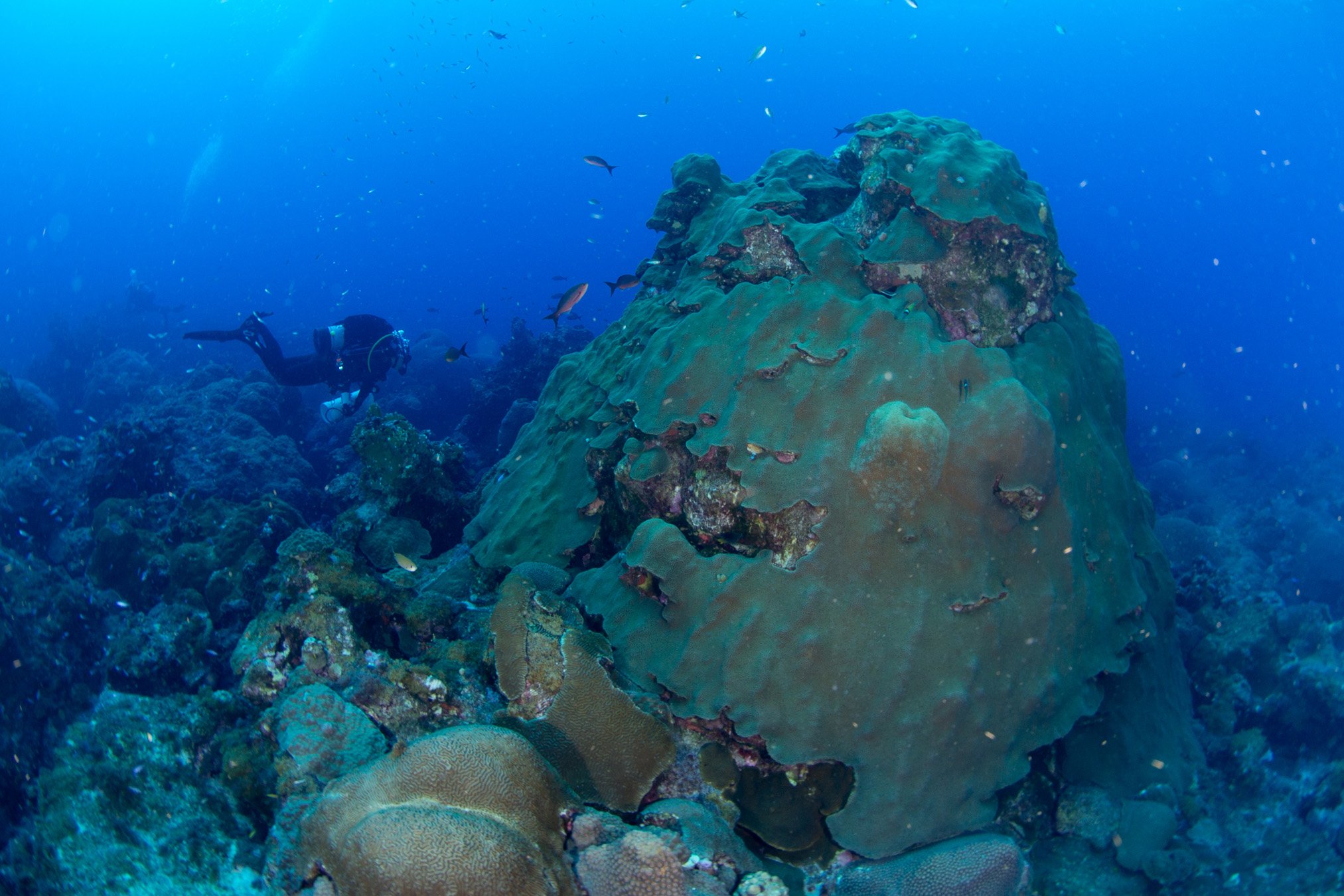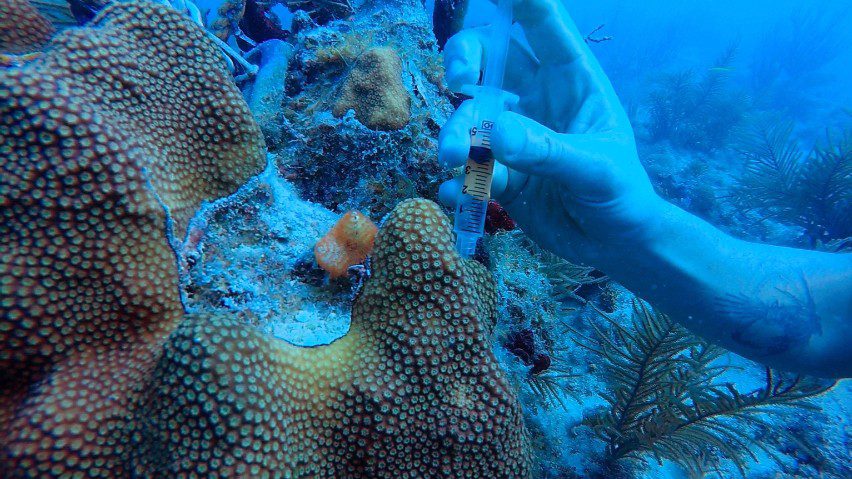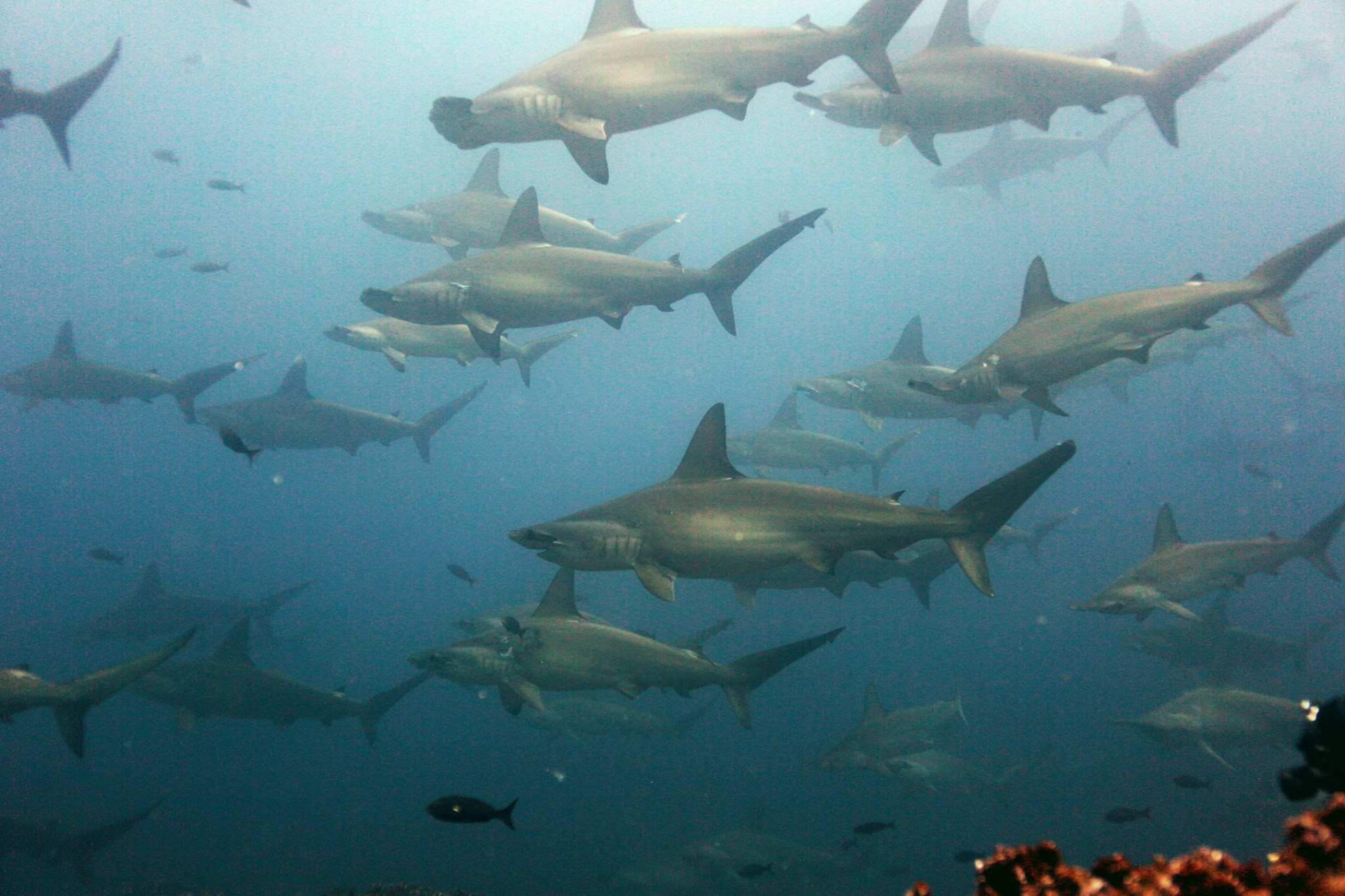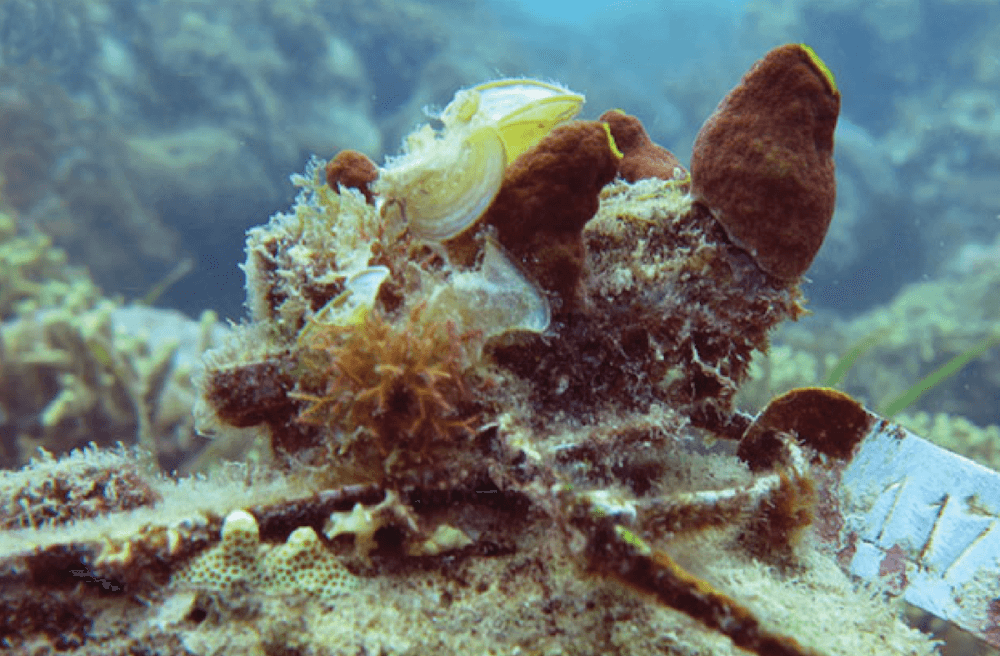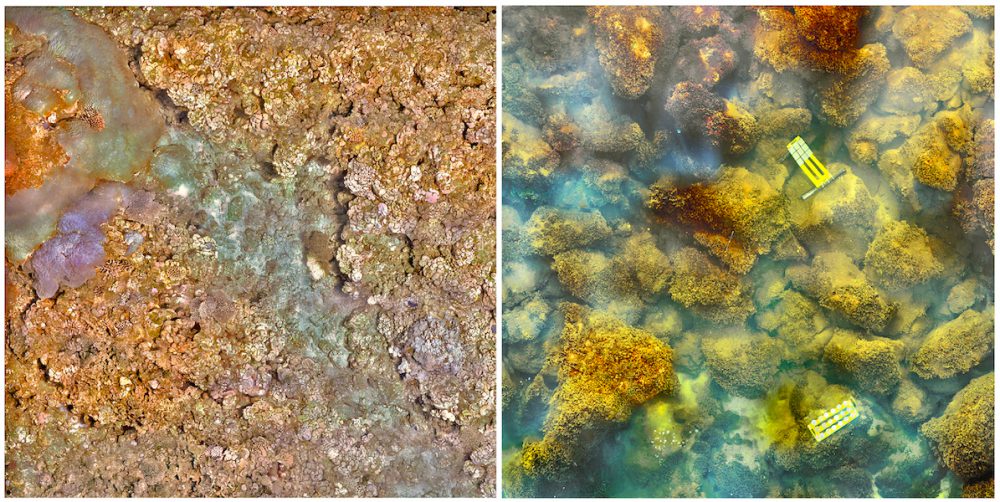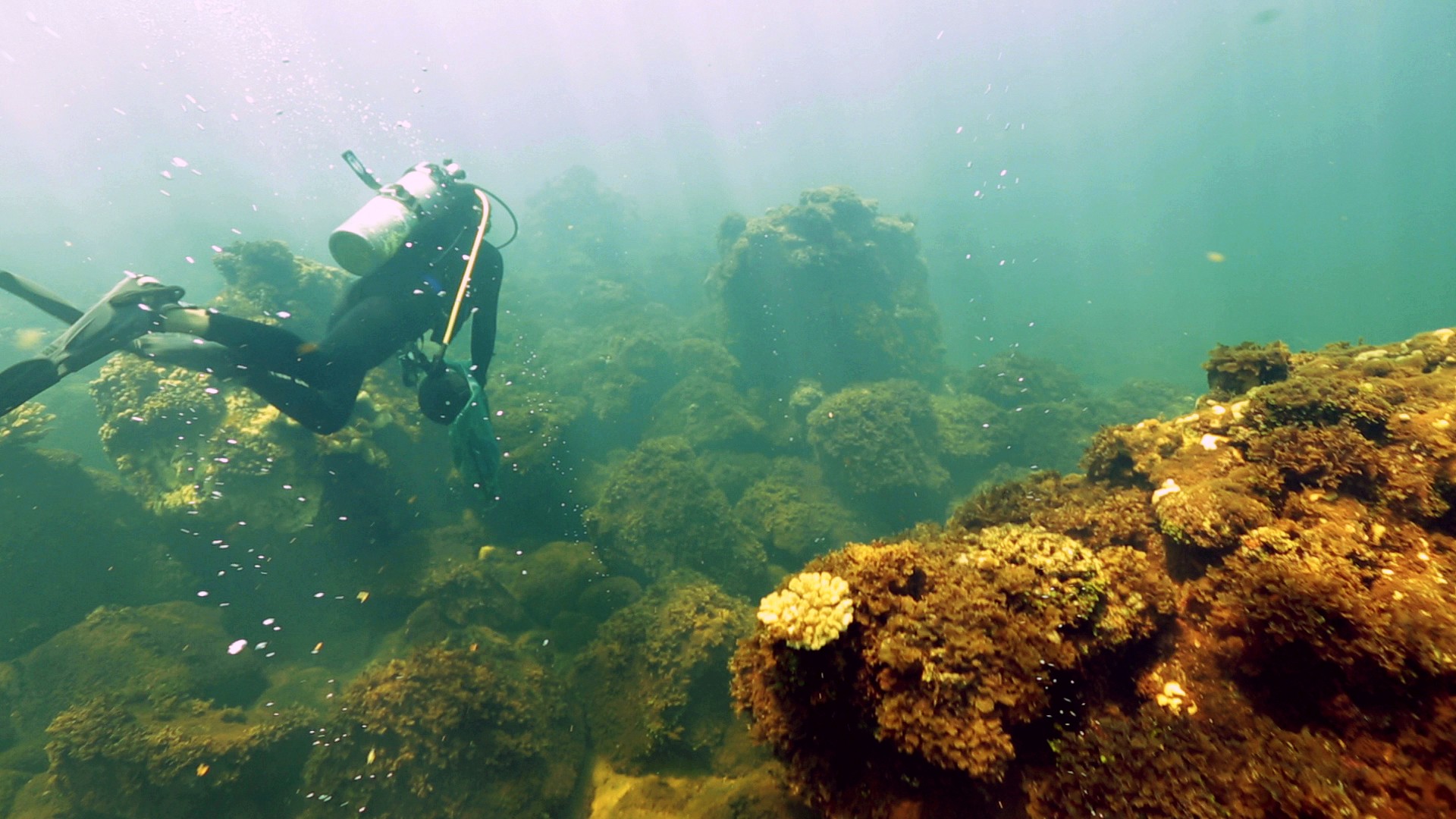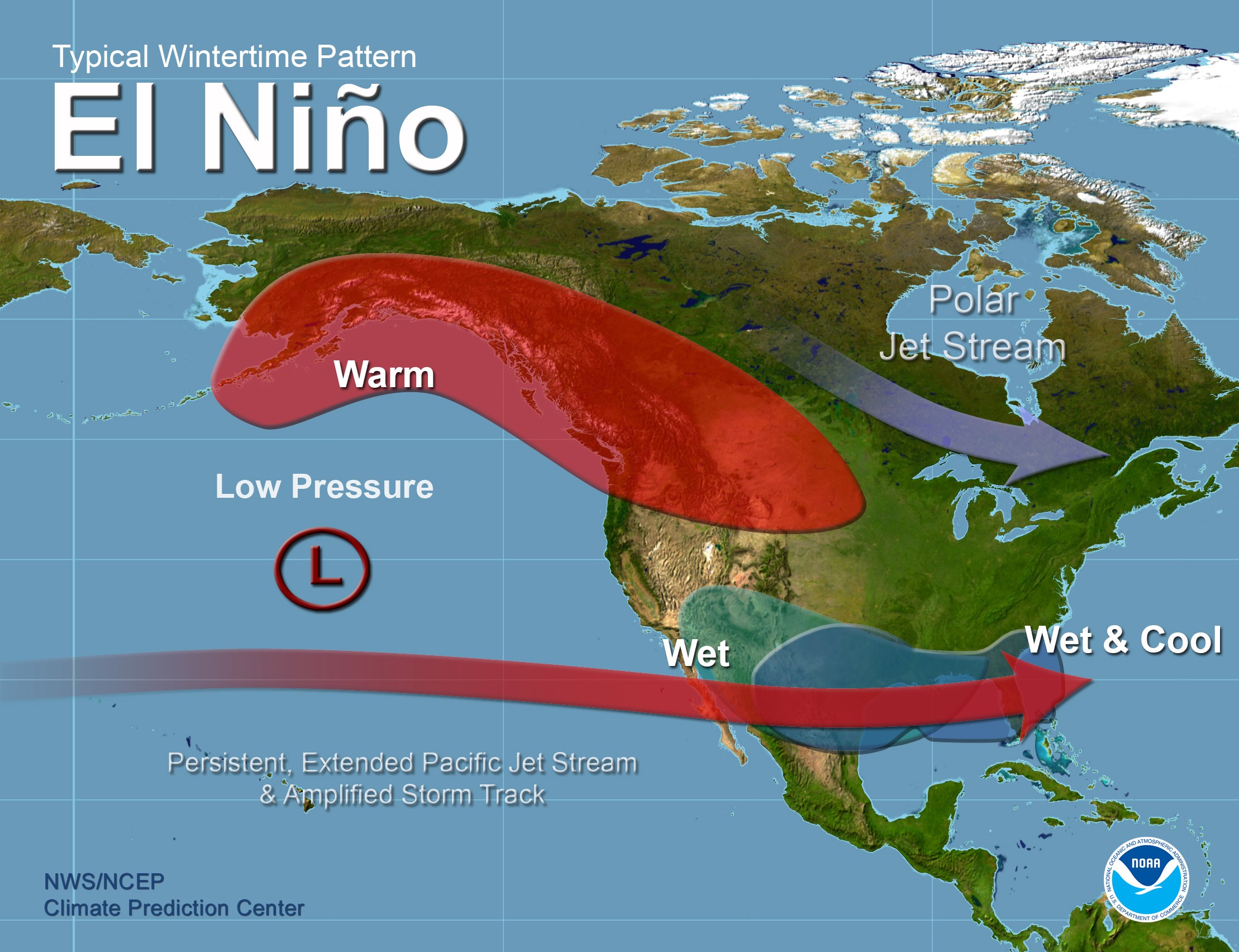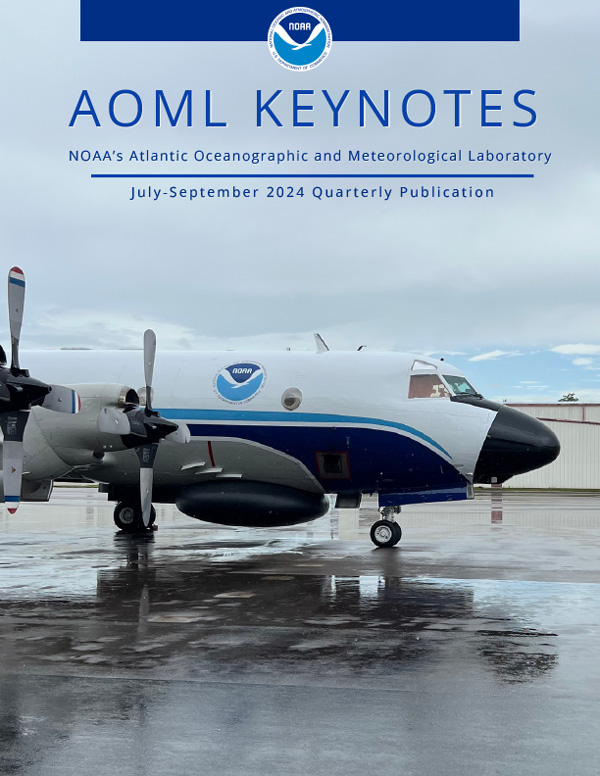First Atlas of Earth’s Microscopic Communities
In an effort to better understand our microbiomes, scientists from NOAA’s Atlantic Oceanographic and Meteorological Laboratory (AOML) took part in a massive global research collaboration known as the Earth Microbiome Project (EMP), which recently released the first reference database, or atlas, of microbes covering the planet. This guide, released online in Nature today, will allow scientists to collaborate on studies and catalogue microbial diversity at an unprecedented scale.
